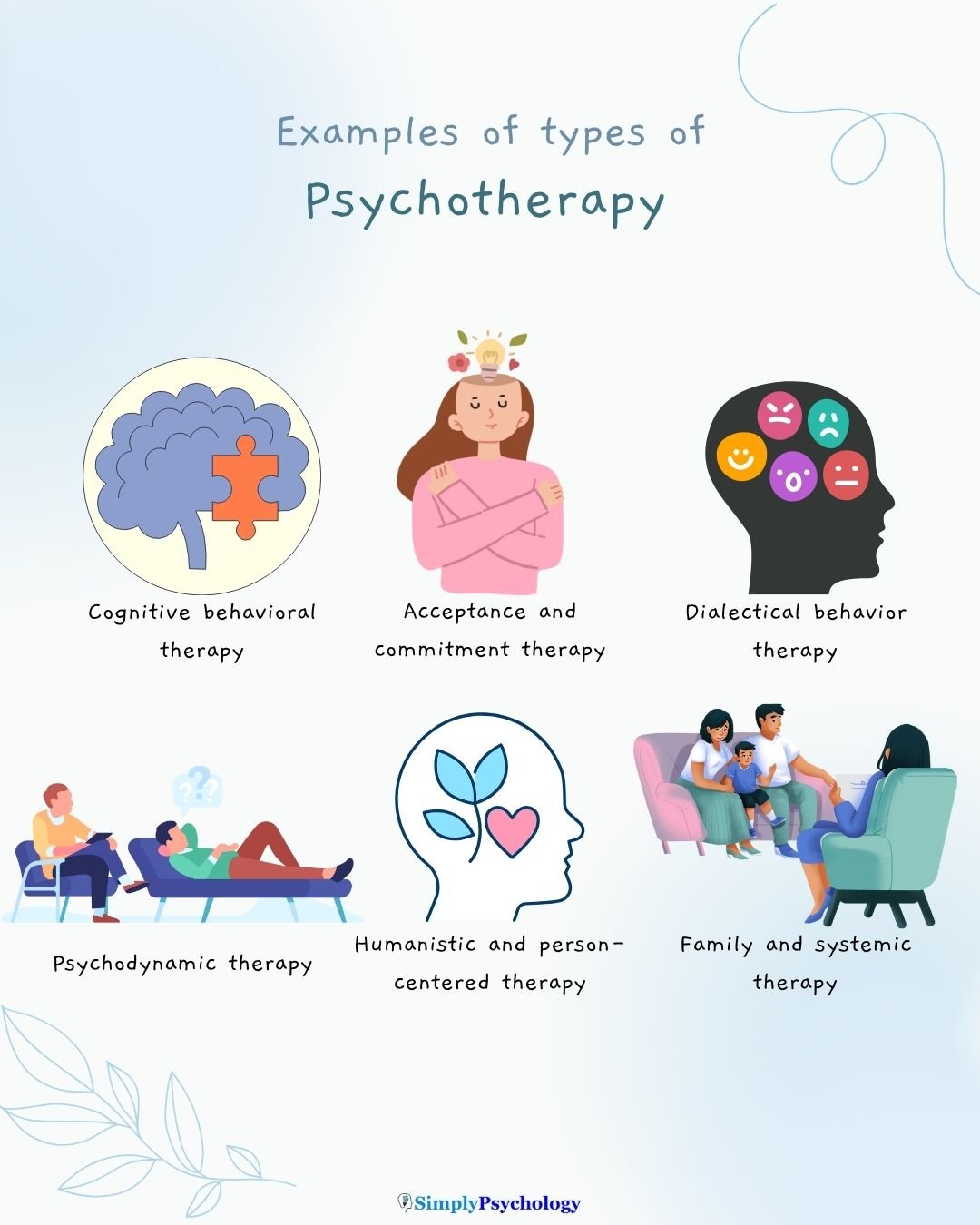Discovering the Benefits of Virtual Therapy in Modern Mental Healthcare
The increase of virtual therapy notes a substantial shift in mental health care. It supplies boosted access, permitting individuals from varied backgrounds to look for help without geographical restrictions. Flexibility in scheduling suits varying lifestyles, while the comfort of home can foster visibility. However, the implications of these changes extend past mere benefit. The developing landscape of therapy increases crucial inquiries concerning its long-term results on patient involvement and treatment outcomes.
Boosted Accessibility for All
Traditional therapy frequently provides barriers such as geographical area and organizing problems, virtual therapy considerably improves availability for people looking for mental health and wellness support. By eliminating the requirement for physical travel, virtual therapy enables clients from remote areas or those with wheelchair challenges to link with certified professionals. This mode of therapy can reach underserved populaces that might lack regional psychological health and wellness resources, consequently addressing differences in access to care. Additionally, virtual systems can deal with diverse needs, supplying solutions in numerous languages and fitting numerous cultural histories. Clients can involve with a broader series of specialists, giving them with choices that align with their particular needs and choices. This enhanced availability fosters an extra inclusive atmosphere, enabling individuals to seek assistance without the stigma typically connected with in-person check outs. On the whole, virtual therapy stands for a significant improvement in making psychological health treatment a lot more accessible to all.
Versatility in Scheduling Sessions

As virtual therapy continues to obtain traction, its inherent flexibility in scheduling sessions confirms to be a considerable benefit for lots of individuals. Unlike conventional in-person therapy, virtual therapy allows customers to pick session times that finest fit their personal and professional commitments. This flexibility suits those with demanding work timetables, family obligations, or other commitments that can make participating in physical consultations challenging.
Moreover, customers can easily reschedule or adjust their sessions as required, decreasing the anxiety connected with rigid consultation systems. The schedule of numerous time slots throughout the week, consisting of evenings and weekend breaks, additionally improves ease of access. This adaptability not just motivates uniformity in presence yet likewise fosters a higher commitment to the healing process. Inevitably, the flexibility in scheduling sessions represents a transformative shift in psychological healthcare, encouraging individuals to prioritize their health without compromising other facets of their lives.
Convenience of a Familiar Environment
The comfort of an acquainted environment substantially enhances the efficiency of virtual therapy for lots of customers. Taking part in therapy from the security of their very own homes allows individuals to really feel even more comfortable, minimizing anxiety that may accompany standard in-person sessions. This familiarity can help with open communication, allowing clients to express their thoughts and feelings much more openly.
The existence of individual things and the capacity to manage their environments can contribute to a sense of safety and security and leisure. Clients frequently report that being in a comfortable space allows them to focus much more on the restorative procedure instead than the establishing itself.
In addition, the informal nature of virtual sessions can assist liquify barriers that may exist in a traditional office atmosphere, fostering a deeper link with therapists. Overall, the convenience of familiar environments plays an essential role in enhancing the healing experience and effectiveness for numerous individuals seeking psychological health and wellness support.
Wider Series Of Restorative Choices
A broader series of therapeutic alternatives appears through virtual therapy, enabling customers to access different methods that might not be feasible in traditional setups. This flexibility enables individuals to discover diverse methods such as cognitive-behavioral therapy, mindfulness methods, art therapy, and even specialized interventions like trauma-informed treatment or dialectical habits therapy.
Customers can choose from a wider spectrum of therapists, consisting of those who specialize in specific niche areas or particular populations, enhancing the likelihood of locating a suitable suit. Virtual platforms often give accessibility to group therapy sessions, support communities, and workshops that may be geographically unavailable otherwise.
This variety encourages clients to engage in their healing process according to their one-of-a-kind preferences and requirements, potentially boosting inspiration and dedication to treatment. As an outcome, the landscape of psychological wellness treatment becomes extra comprehensive and versatile, satisfying a wider variety of private experiences and obstacles.
Lowered Preconception Bordering Therapy
Accessing therapy through virtual platforms contributes to a considerable reduction in the preconception traditionally related to mental healthcare. By providing a very discreet and personal environment, virtual therapy enables people to seek aid without the fear of being evaluated or identified. This anonymity charms to those that might otherwise think twice to go after in-person therapy because of societal understandings surrounding mental health and wellness.
Furthermore, as the frequency of virtual therapy boosts, check this it normalizes the conversation around mental health, making it a more appropriate part of everyday life. People often really feel more comfortable reviewing their experiences on the internet, advertising visibility and lowering feelings of isolation. The availability of these services additionally urges a wider group to involve with mental health and wellness resources, fostering a culture of assistance instead of shame. Inevitably, the surge of virtual therapy plays a vital duty in reshaping perspectives towards seeking aid, adding to an extra approving culture pertaining to psychological wellness obstacles.
Cost-Effectiveness and Affordability

Reduced Session Costs
Many people seeking psychological health and wellness support locate that virtual therapy greatly minimizes session costs contrasted to conventional in-person alternatives. The elimination of traveling expenditures and pause job usually adds to total financial savings. you can try this out In addition, several virtual therapists use affordable prices as a result of lower overhanging expenses associated with keeping a physical office. This change in expense permits customers to gain access to top quality psychological health solutions without the financial pressure that might feature conventional therapy. For numerous, this price enables a lot more regular sessions, which can boost treatment results. Because of this, virtual therapy not just democratizes access to psychological wellness treatment but likewise supplies a lasting financial model that aligns with customers' budgets, making mental health and wellness support much more achievable for a bigger target market.
Increased Accessibility Options
While standard therapy frequently provides logistical obstacles, virtual therapy greatly increases gain access to options for people looking for psychological wellness treatment. By removing the need for travel and allowing flexible scheduling, virtual therapy fits varied way of livings and dedications. This access is specifically helpful for those in remote locations or with flexibility difficulties. Additionally, the cost-effectiveness of virtual therapy minimizes financial pressure, making mental health and wellness solutions more reachable. Many systems offer tiered prices or gliding range costs, advertising cost. Insurance provider increasingly identify virtual therapy, additional improving its financial accessibility. Generally, virtual therapy not only widens the range of that can get care but additionally addresses financial barriers, making mental wellness support more inclusive and achievable for all.
Boosted Connection of Care
Boosted continuity of treatment emerges as a significant advantage of virtual therapy in modern psychological healthcare. This technique allows clients to preserve consistent interaction with their specialists, despite geographical obstacles or scheduling conflicts. relationship therapy. The versatility of virtual sessions promotes regular check-ins, which are essential for monitoring progress and adjusting treatment prepares as necessary
Furthermore, electronic wellness documents and telehealth systems help with smooth info sharing amongst care providers. This interconnectedness ensures that all specialists associated with a client's treatment are updated on therapy growths, resulting in even more worked with and reliable treatments.
Patients usually experience minimized stress and anxiety and increased engagement due to the benefit of accessing therapy from see here now familiar environments. Such access enhances adherence to treatment regimens, ultimately enhancing end results - relationship therapy. To sum up, virtual therapy not only bridges gaps in mental health and wellness solutions however additionally strengthens the continuity of treatment, a vital part of successful therapeutic relationships
Frequently Asked Inquiries
How Does Virtual Therapy Make Certain Confidentiality and Privacy for Customers?
The current question addresses the actions virtual therapy utilizes to secure client discretion. Using encrypted platforms, safe and secure logins, and compliance with guidelines like HIPAA, virtual therapy guarantees that sensitive info continues to be exclusive and hard to reach to unapproved people.
Can I Change Therapists Quickly in Virtual Therapy?
Switching therapists in virtual therapy is generally simple. Clients can communicate their need for an adjustment with the system, permitting flexibility in locating a much better match without the logistical challenges of in-person consultations.
What Technology Do I Required for Virtual Therapy Procedure?
To take part in virtual therapy sessions, an individual generally needs a reputable web connection, a computer system or mobile phone with an electronic camera and microphone, and accessibility to a protected video conferencing system specified by their therapist.

Are Virtual Therapy Procedure as Effective as In-Person Procedure?
Recent researches suggest that virtual therapy sessions can be equally effective as in-person sessions, depending on the individual's preferences and circumstances. Factors such as convenience and availability may enhance the general healing experience for some customers.
What Should I Do if I Experience Technical Issues During a Session?
If technological problems develop throughout a session, one ought to steadly communicate the issue to the specialist, attempt to reconnect, or switch to a back-up technique. Persistence and adaptability are important in taking care of these disruptions.